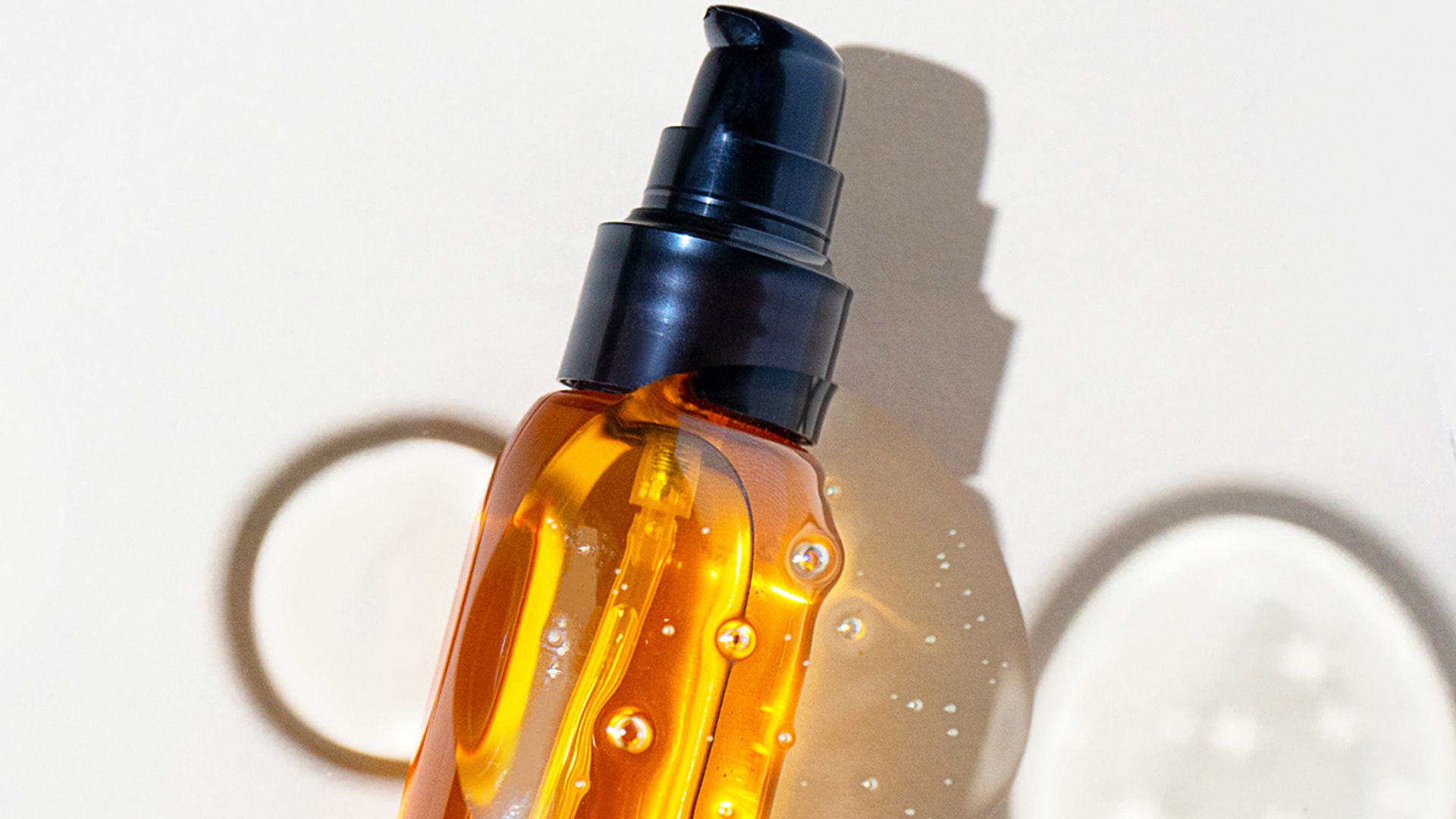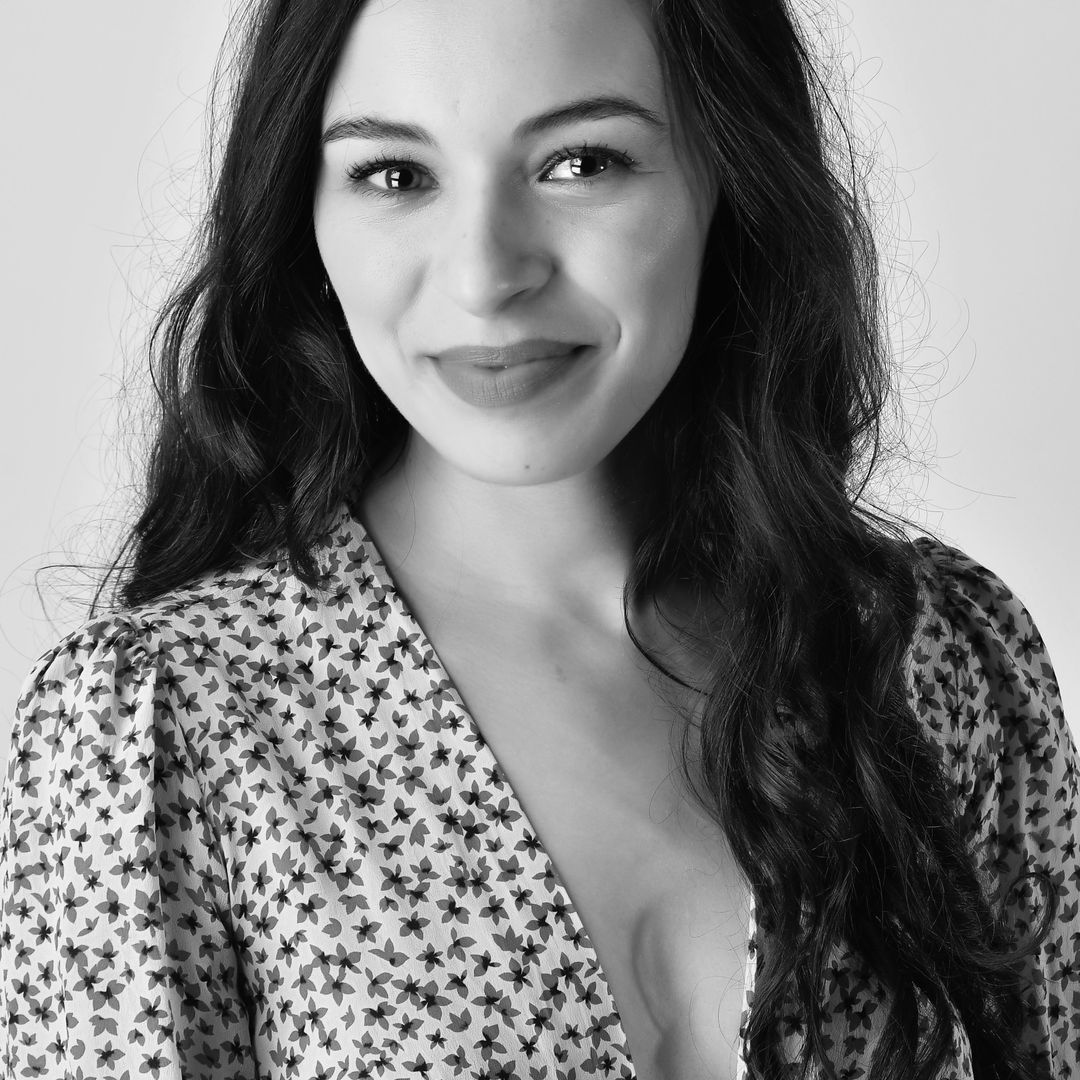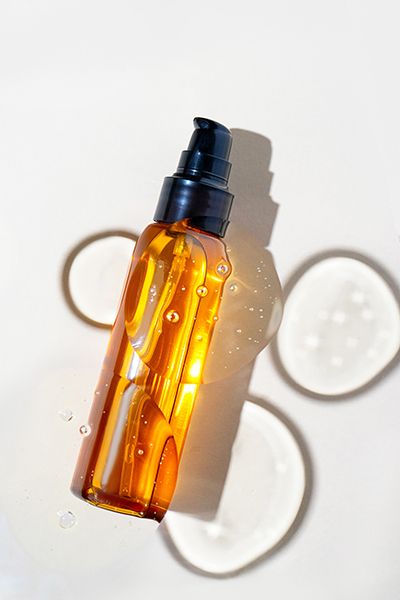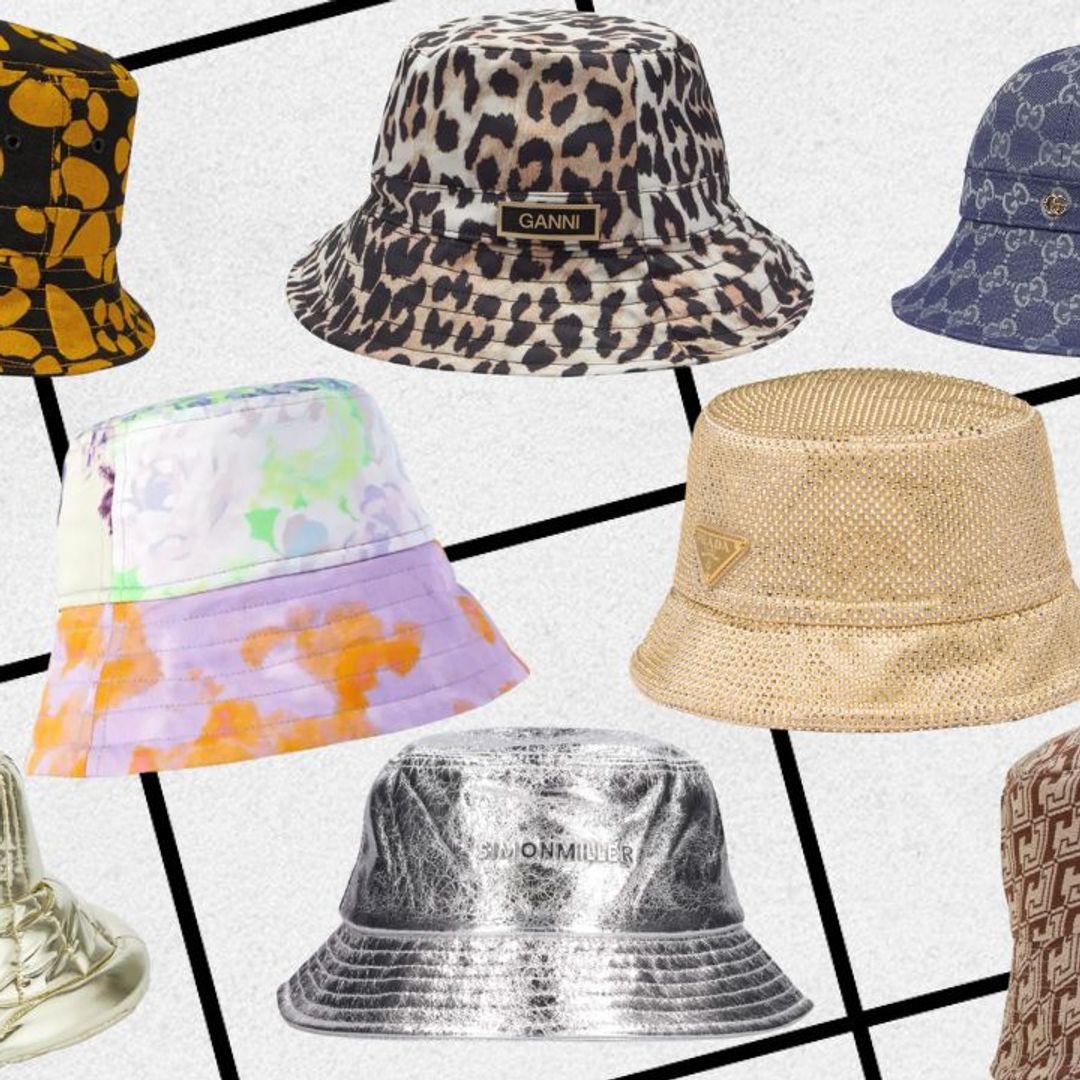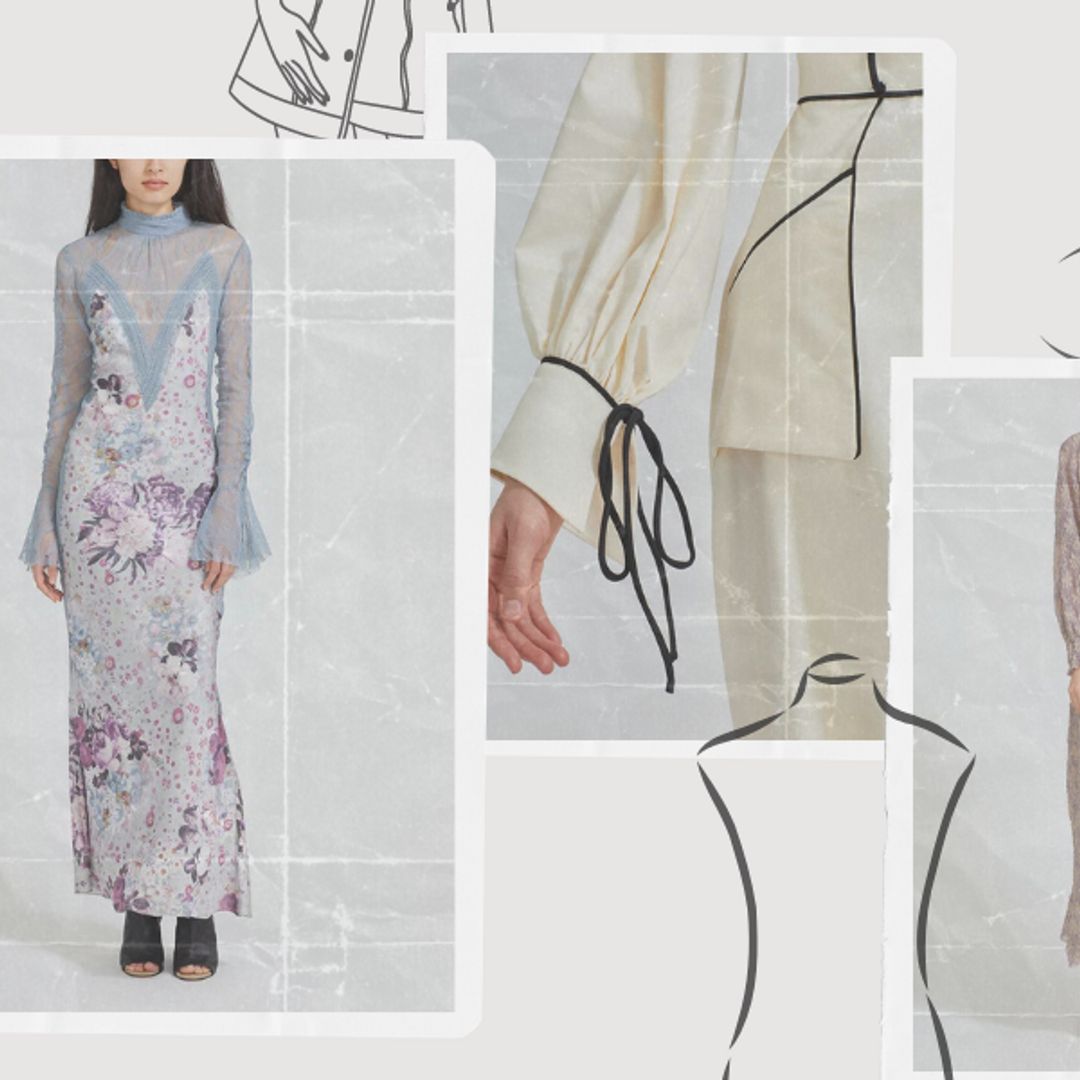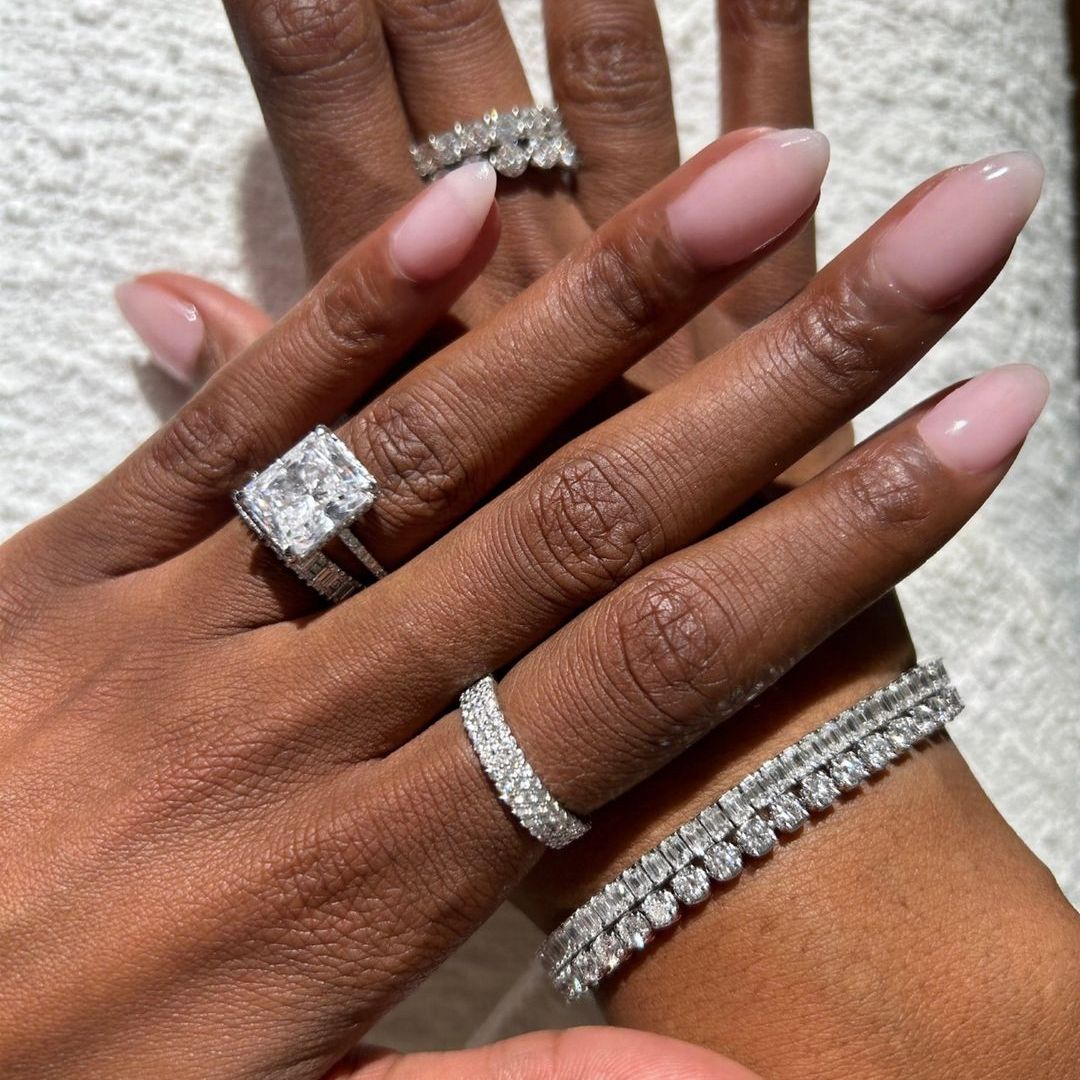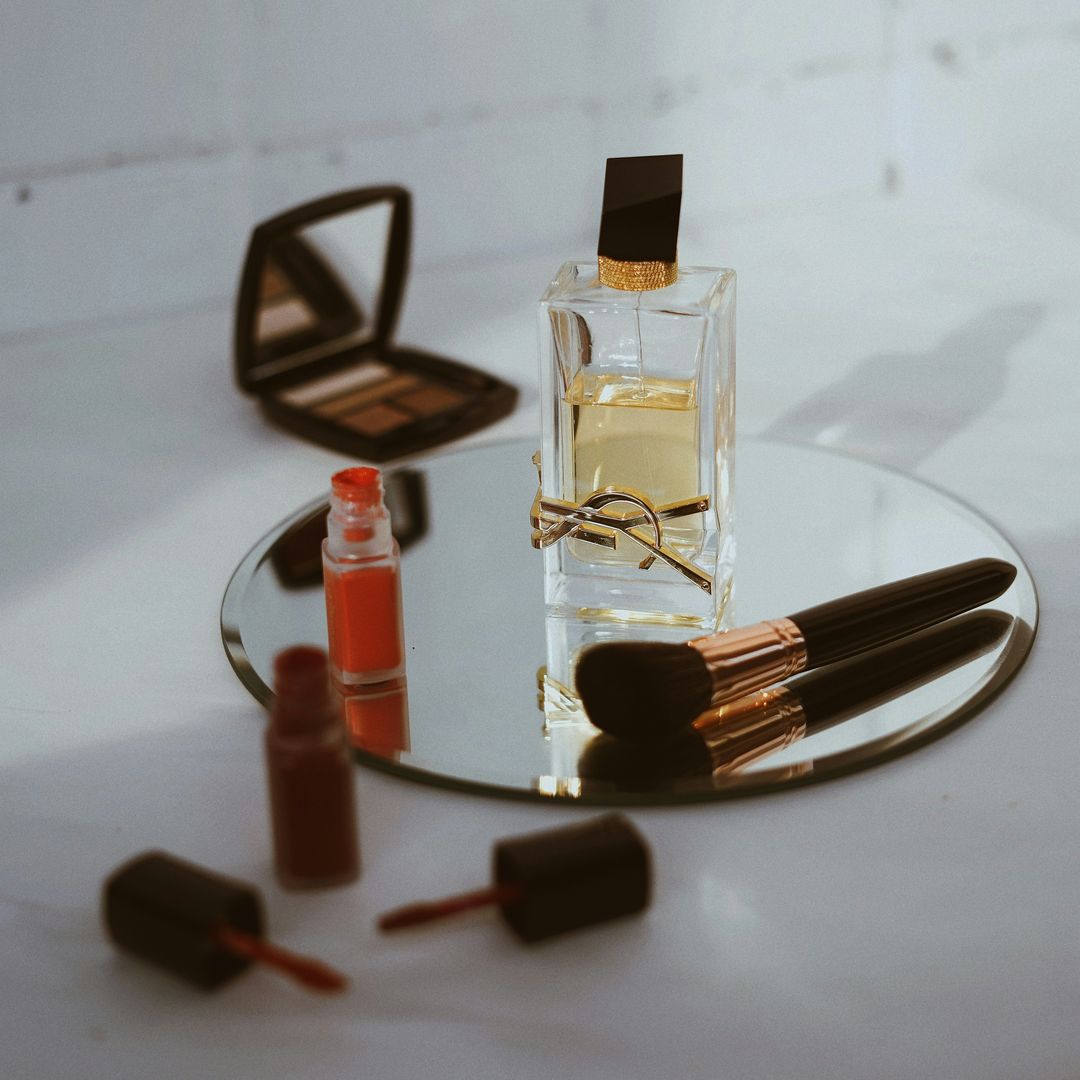Fleeting TikTok beauty trends are ten a penny, but what about the rituals that have stood the test of time? The ancient Ayurvedic tradition of hair oiling is still to this day a rich part of South Asian beauty culture, thought to release tension and rejuvenate.
Hello! Fashion caught up with trichologist and hair oiling expert Dr Khushboo Garodi to find out all that you need to know about the ancient beauty ritual.
What is hair oiling?
"Oiling is the practice of applying natural oil onto the scalp and spreading it evenly down the hair shaft all the way to the end," Dr Garodi explains.
"It is typically a pre-wash ritual and based on the fact that the head houses the brain and nervous system. While gently spreading and massaging the oil onto the scalp, it tends to ease the tense scalp muscles, which in turn relaxes the mind and also stimulates the hair follicles."
READ: Hair Botox: We tried the "hair saviour" beauty trend and this is what you need to know
MORE: Short hairstyles: 17 ideas for some serious 2023 inspiration
What are the benefits?
"Regular hair oiling, done correctly, works wonders for your hair," Dr Garodia explains. "Oils are lubricants and they naturally seal the strands, making them less frizzy and able to retain moisture better. Giving the hair a deep, nourishing oiling treatment regularly will leave your hair feeling soft and looking shiny and more manageable."
"It also helps prevent heat damage because the oil forms a protective layer on the hair shaft. It is very useful when people blow dry their hair and other procedures are done to the hair, it becomes very brittle and fragile."
Which types of hair oils do you recommend for the different hair types?
Dry Hair
"Coconut oil is a saturated fat, which can assimilate into the scalp quickly and completely and penetrates the hair deeply leaving it nourished and moisturised. The coconut-derived oil is extremely versatile oil, making it suitable for every hair type, but it is particularly recommended for those with damaged, dry, and dull hair."
Thick hair
"Olive oil is another versatile oil. It shields the keratin, an essential protective component of the hair. It is suitable for every type but is highly recommended for thicker hair. It adds shine, body, and softness to the hair, and also helps retain moisture."
Fine hair
"Argan oil contains a high amount of fatty acids, antioxidants, and vitamin E making it ideal for fine hair. It softens the hair without leaving any greasy or sticky residue."
Oily hair
"Lavender-based oils work well for oily hair. Given its antimicrobial properties, it prevents a lot of infections that oily hair people are more prone to. It is also known to moisturise the hair and can even balance sebum production."
Frizzy hair
"Oils rich in vitamin E, such as those derived from almonds or olives, tend to hydrate the hair and reduce frizz."
How to oil your hair
"Start with choosing any natural oil and warm it using a double boiler technique (used to avoid directly heating the oil)," Dr Garodia explains. "Then gently massage it onto the scalp – be sure to apply the oil using the pulp of your fingers in gentle round circular motion. Avoid scratching your scalp with your nails or simply dip some cotton in the oil and dab it on your scalp."
"Remember to avoid over-saturating the scalp area. Use the oil sparingly – this is because the more oil you apply, the more shampoo you will need to rinse it out, which will in turn leave your scalp and hair drier. Very dry types may benefit from oiling the hair at night and washing it off the next day, but otherwise leave it on for 30-60 minutes before washing."
Which hair types are most suited to oiling?
"Hair oiling does not have the same impact on every individual. Certain hair types can benefit from oiling more than others – for instance people with dry, coarse, tightly curled hair can benefit more so than those with fine, straight hair. Those who are prone to dandruff should avoid thick, dense oils."
How often should you oil your hair?
"The general recommendation is to do oiling treatments before you wash your hair one to two times a week. For a bespoke hair oiling routine, consult a trichologist who will guide you through the oils that your hair needs and advise on the frequency of application."
Like this story? Sign up to our Hello! Fashion newsletter to get your weekly 'Fashion Fix' delivered straight to your inbox.
